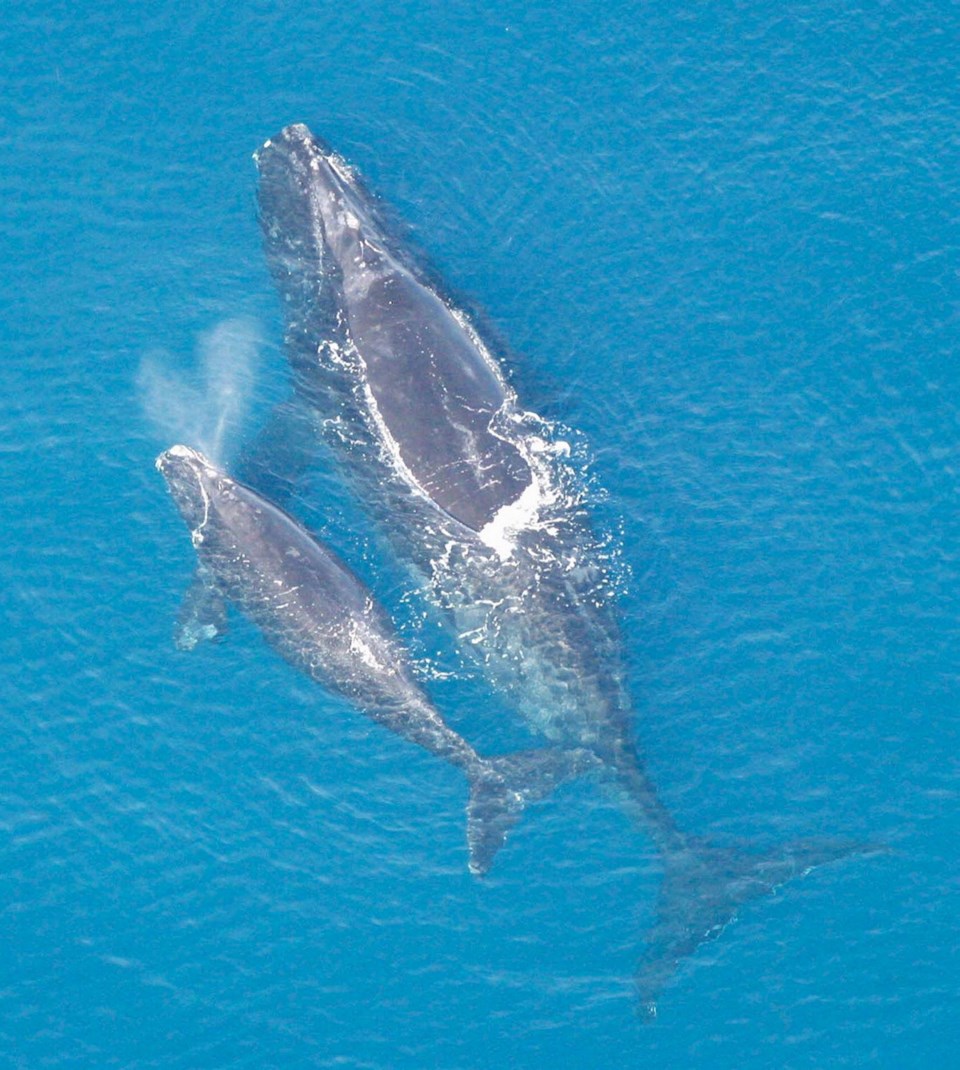Whales and their behavior demonstrate many elements of what we humans regard as culture, says a UVic historian.
Jason Colby, history professor at the University of Victoria and author of Orca: How We Came to Know and Love the Ocean’s Greatest Predator, said whales communicate in what is likely language. They seem to sing. And they learn from their elders.
“It’s a useful exercise for people to compare ourselves and our culture with other creatures that have similar social connections and their own changing cultures,” said Colby, who is set to moderate a panel discussion on the “Intersecting Cultures of Whales and Humans” on Wednesday as part of the university’s Ideafest. A presentation of UVic’s history department, the panel will include historians Bathsheba Delmuth of Brown University and Ryan Tucker-Jones of the University of Oregon, marine scientist Jim Sumich of Oregon State University, and Hal Whitehead, a marine biologist at Dalhousie and author of several books, including The Cultural Lives of Whales and Dolphins.
Colby said it’s well recognized by researchers that whales exhibit many elements of what anthropologists would characterize as culture when looking at humans.
Whale vocalizations, he said, seem to be genuine language, far more complex than bird song asserting something like territory. The same whale species will even exhibit different languages and dialects.
Older whales teach younger whales in an exhibition of inter-generational learning. They also appear capable of changing their own culture in response to new conditions.
For example, grey whales are now commonly known as “friendly whales.” In Baja, they are known to approach small boats and allow people to touch them and even their young.
It’s a major cultural shift for grey whales, once called “devil fish” because of their fierce response to being hunted and threats to their young.
Colby also noted that southern resident killer whales spotted by whale-watching tours from Victoria almost qualify as domestic animals, they are so accustomed to swimming along boats nearby.
“That didn’t happen at all in the days we were shooting at them and chasing them down,” he said.
Humans have gone through an enormous cultural transformation when it comes to whales.
People first looked upon these enormous creatures with fear. But by the 16th century, whales were being harpooned for their blubber to be rendered down to fine oil.
But in the latter half of the 20th century, the explosive lance came close to wiping the oceans clear of these giants. Out of genuine fear for whales’ survival as a species, most nations stopped the hunt, although Japan recently announced it will resume.
Protection of whales is now a major factor in modern environmental thinking.
“There is a great irony now,” said Colby. “We appreciate whales and we appreciate orcas more than we ever have before.
“Yet our growth and the changes we have created in the environment are putting them at risk more than ever before.”
The Intersecting Culture of Whales and Humans runs from 7 p.m. to 8:30 p.m. in the Bob Wright Building.
For more information on Ideafest and its events, go to uvic.ca/ideafest.



